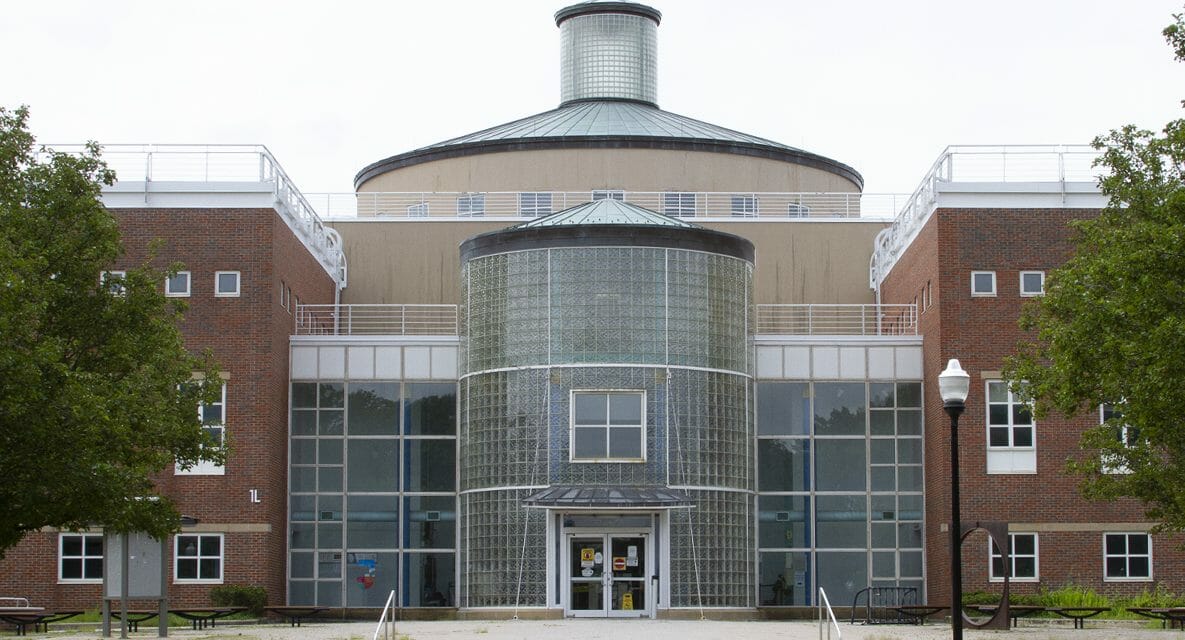The College of Staten Island is among ten senior colleges of The City University of New York chosen as the nation’s best in providing a pathway to economic mobility for low- and moderate-income graduates, according to a new study by the public policy organization Third Way. The report confirms past rankings by other national organizations such as U.S. News & World Report and CollegeNet, which have recognized CSI for its effects on the social mobility of its graduates, an attribute that is increasingly valued amid growing awareness of the need to erase longstanding societal inequities.
Building on the groundbreaking 2017 studies by Harvard economist Raj Chetty of the role colleges play in the promotion of intergenerational mobility, Third Way created an “economic mobility index” that seeks to evaluate which U.S. colleges do best at moving students up the economic ladder. The researchers identified colleges that enroll the highest proportion of students from low- and moderate-income backgrounds and assessed how long it takes those students to earn back the cost of their education.
CSI was ranked number 27 in the survey.
The latest ranking of the College of Staten Island by Third Way underscores the enormous impact that a CSI education has on the lives of our graduates, many of whom are the first in their families to earn a college degree. One of the goals of our institution is to provide opportunities not only to increase students’ knowledge and experience, but to improve their lives, addressing economic and social disparities.
The Third Way researchers drew from two sets of data from 1,320 bachelor’s degree-granting institutions to determine which ones most improve the economic status of graduates who come to college from low-and moderate-income families. One measure was the number of years it takes students at each of the colleges to recoup the cost of their education, based on federal tuition and earnings data. The other was the proportion of students at each college who receive federal Pell grants to help them pay tuition. CSI has a relatively high percentage of Pell recipients — meaning the College serves many more students from low- and moderate-income families than other institutions — and it takes those students anywhere from a few months to less than three years after they graduate to earn more money than they paid to go to college.















